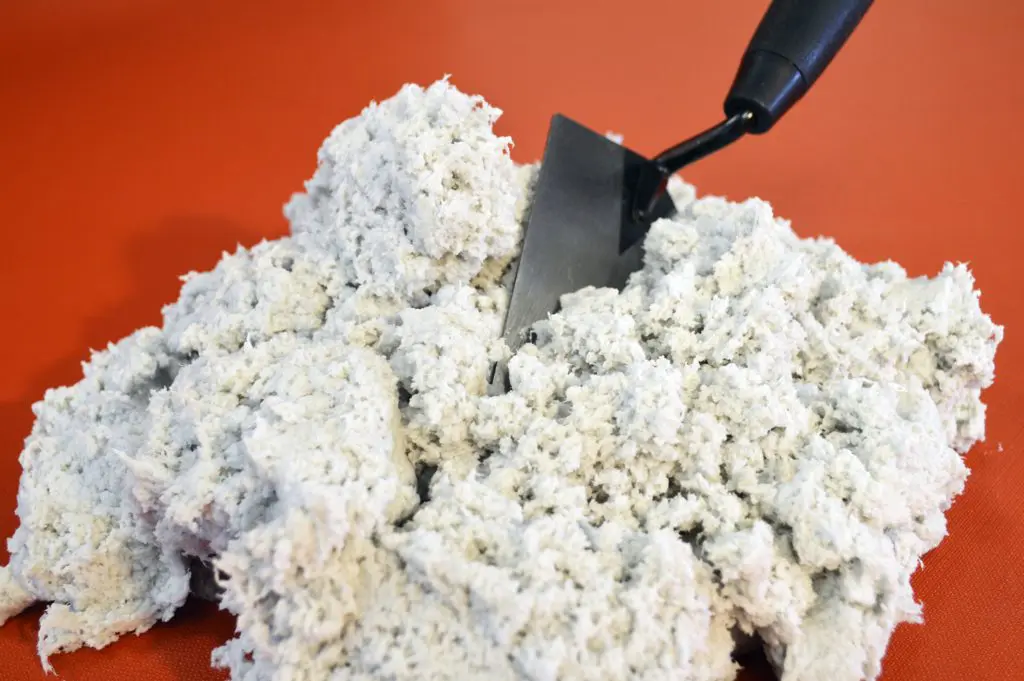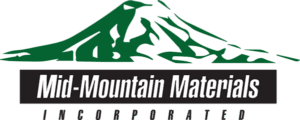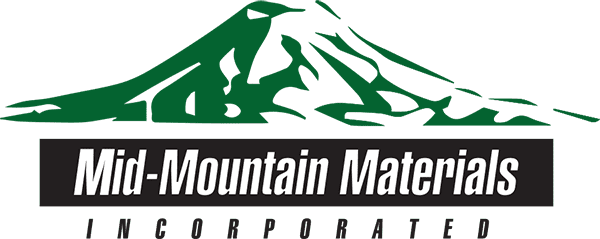Conventional industrial binders, such as Portland cement, contain organic or metallic elements that have been calcinated at high temperatures and mixed with intermediate minerals such as gypsum. Some cement blends may also comprise recovered materials from industrial processing such as furnace slag and fly ash. The resultant powder mixture may be used to mix concrete or mortar depending on the application requirements. In particularly demanding environments, a specialist binder material such as refractory cement may be required.

The Adhesive Benefits of Refractory Cement
Refractory cement represents significant benefits over conventional binders for high-temperature component adhesion. While conventional cement displays good formability as a wet mixture and high strength values as a hardened end-product, it can be unstable when subjected to thermal fluctuations. This is problematic for adhering furnace components such as gaskets and seals.
As the temperature of the heating chamber and the metal components of the furnace increase, the clinker and binders used in the cement mixture will expand. These materials often struggle to contract as the structure eventually cools down, which can cause physical defects. Unstable furnace adhesives can result in the formation of cracks and voids that can increase the levels of emissions, reduce furnace efficiency, and contribute to further mechanical failure.
Refractory cement was engineered to resolve this issue. Thermally-stable alumina is used as a binding material to fuse coarser clinker materials and enhance the thermal capabilities of the product. This formable mixture can be used to adhere structurally-critical furnace components with gaskets and seals while exhibiting outstanding thermal stability at temperatures of up to 1095°C (2000°F).
Refractory Cement from Mid-Mountain Materials, Inc.
Mid-Mountain is a leading manufacturer of mechanical solutions for high-temperature applications. Our refractory cements are optimized to withstand thermal expansion and contraction when used to adhere rigid mating components in high-temperature environments. These products include:
- Thermoseal® 1000, which is available as a thick paste for continuous use at temperatures of up to 538°C (1000°F)
- Thermoseal® 1000 SF with enhanced adhesive properties for application in fireplaces, furnaces, and stoves
- Thermoseal® 2000, which is available as a tick cement for continuous use at temperatures of up to 1095°
If you would like to learn about our refractory cement in more detail, read our previous blog post: What is Refractory Cement? Or, contact us if you have any questions or would like a quote for our advanced thermal sealing products.

